|
|
|
|
Nau mai haere mai, welcome to this week’s newsletter.
It’s news to nobody that New Zealand is facing a severe housing shortage. So, many would have welcomed the Associate Housing Minister’s assertion last week that “nothing is off the table” when it comes to finding ways to make rental accommodation more affordable.
Her inclusion of rent controls among those various options, however, didn’t stay on the table long. Firmly dismissed by the Prime Minister yesterday – and, to be fair, floated fairly tentatively by the minister in the first place – it was one of the more short-lived policy proposals of our time.
Disappointing for desperate renters maybe, but as New Zealand economist James Graham (now teaching at the University of Sydney) argues here, not unexpected when you weigh the evidence for rent controls against the expectations.
While those lucky enough to secure a rent-controlled home no doubt benefit from such policies, Graham writes, the laws of unintended economic consequences mean many more don’t. Alas, there is no quick or partial fix for a housing crisis decades in the making.
There’s plenty more to read here and on our homepage – including the University of Waikato’s Holly Thorpe on how snowboarding came in from the cold and the rise of young stars like Olympic gold medallist Zoi Sadowski-Synnott. Many thanks for your ongoing support and interest. Take care and all the best, mā te wā.
|

|
Finlay Macdonald
New Zealand Senior Editor & NZ Editor: Politics, Business + Arts
|
|

Shutterstock
James Graham, University of Sydney
While the idea of rent controls can seem attractive at first glance, the evidence suggests the government is right to be sceptical of their ability to help ease the housing crisis.
|

GettyImages
Johanna Thomas-Maude, Massey University; Sharon McLennan, Massey University
The pathway for foreign doctors to practise in New Zealand is neither easy nor very fair, meaning an over-stretched health system is missing out on valuable expertise.
|
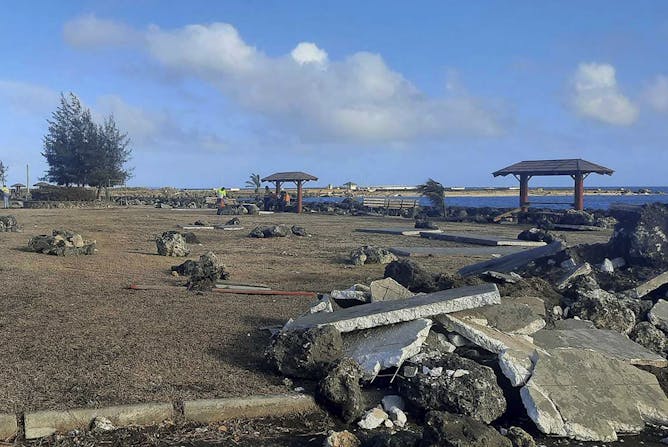
AAP
Suzanne Wilkinson, Massey University; Mohamed Elkharboutly, Massey University; Regan Potangaroa, Massey University
As Fiji did after 2016’s catastrophic cyclone, Tonga will likely face challenges with building materials and costs, and low levels of technical expertise. But these can be overcome.
|

Lynn Grieveson /Newsroom via Getty Images
Michael Plank, University of Canterbury; Audrey Lustig, Manaaki Whenua - Landcare Research; Giorgia Vattiato, University of Canterbury; Shaun Hendy, University of Auckland
New Zealand’s system of managed quarantine at the border may soon be less important, but we could well need to stand it up again quickly if a new COVID-19 variant emerges.
|
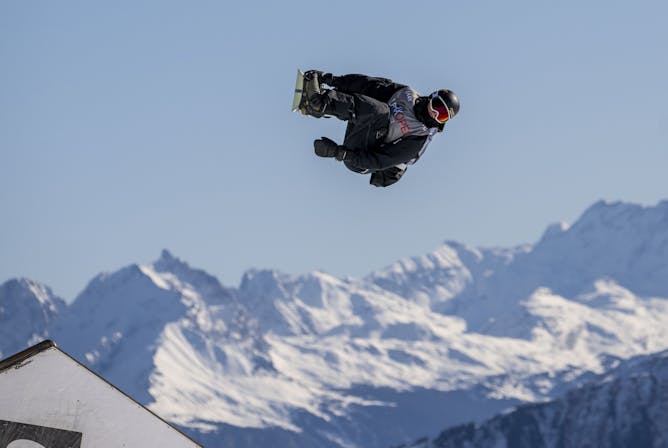
GettyImages
Holly Thorpe, University of Waikato; Belinda Wheaton, University of Waikato
The mainstream embrace of snowboarding for its youthful audience and sponsorship riches also dented its once-alternative image – but a new generation of stars could change all that.
|
From our international editions
|
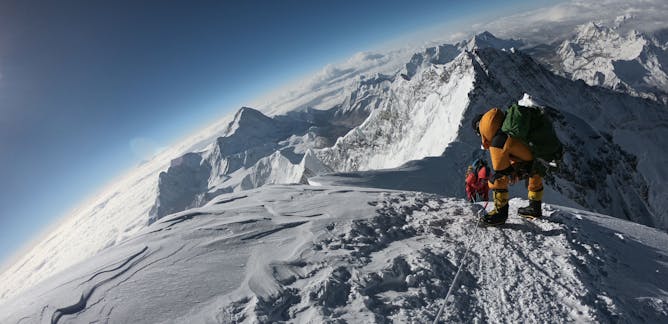
Mathieu Morlighem, Dartmouth College
Glaciers in North America, Europe and the Andes, in particular, have significantly less ice than people realized.
| |

Nathan Bartlett, University of Newcastle
Emerging evidence suggests the highly infectious Omicron variant has the ability to escape the protection two vaccine doses offer.
|
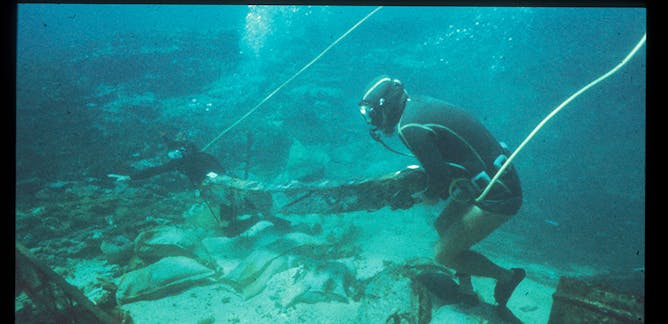
Paola Magni, Murdoch University; Edda Guareschi, Murdoch University
We’re searching for ways to use recovered bones and teeth to better understand time spent in the sea, and the overall journey of the mortal remains.
| |
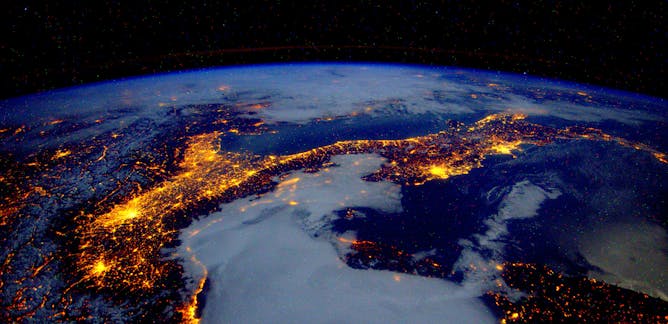
Luke Kemp, University of Cambridge; Aaron Tang, Australian National University
The risks of using aerosols to reflect sunlight and cool the planet include creating extreme weather and worsening catastrophes.
|

Asress Adimi Gikay, Brunel University London
The laws about cookies are fairly clear in EU and UK, but many big companies are breaking them anyway.
| |
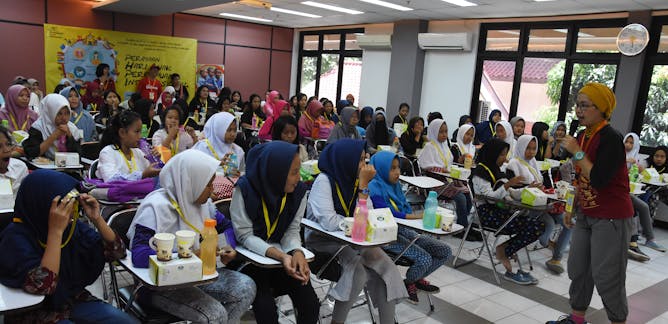
Fitri Hariana Oktaviani, Universitas Brawijaya; Kanti Pertiwi, Universitas Indonesia; Nayunda Andhika Sari
Many Indonesian women want to pursue higher education, but structural barriers remain.
|

J. Eugene Clay, Arizona State University
The current split in Ukrainian Orthodoxy reflects a fundamental question: Are Ukrainians and Russians one people or two separate nations?
| |
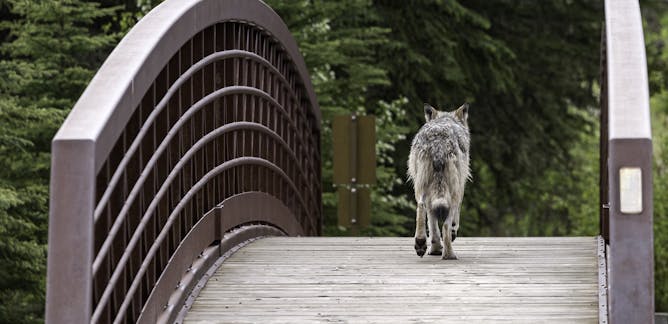
Melanie Dickie, University of Alberta
The hunting territories of wolves in the northern boreal forests are changing, in part due to the convenience of trails built for logging. This has placed caribou at an even greater risk.
|

Jane Thornton, Western University
Even with Winter Olympics for inspiration, outdoor activity in sub-zero weather can be hard to commit to. How can it be easier, safer and more fun to embrace your inner winter athlete?
| |
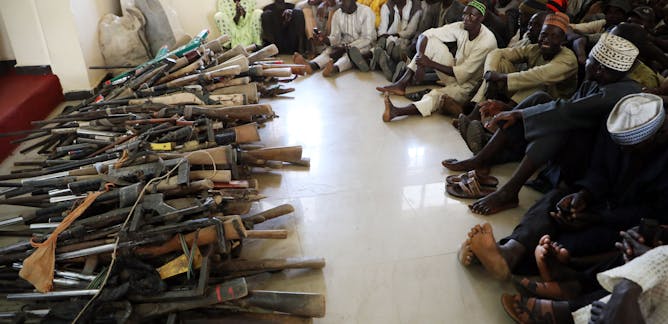
Nicolas Florquin, Graduate Institute – Institut de hautes études internationales et du développement (IHEID); Alaa Tartir, Graduate Institute – Institut de hautes études internationales et du développement (IHEID)
New illicit flows of arms and ammunition contribute to fueling conflict and instability in West Africa.
|
|
|
| |
| |
| |
| |
|
|
|
|
|
|
|